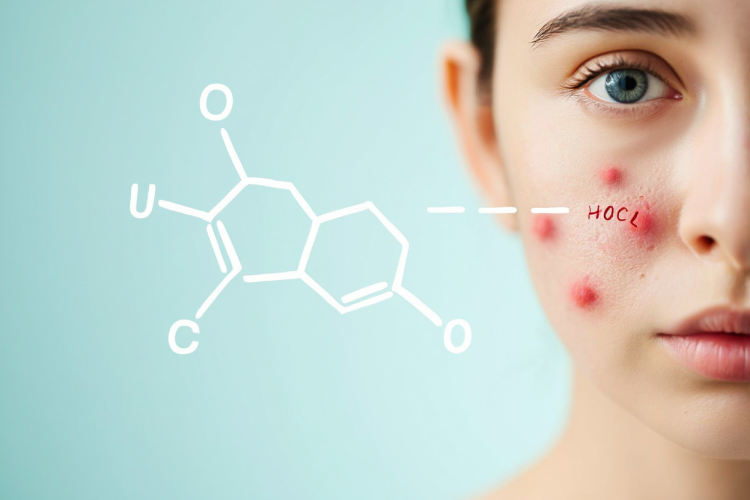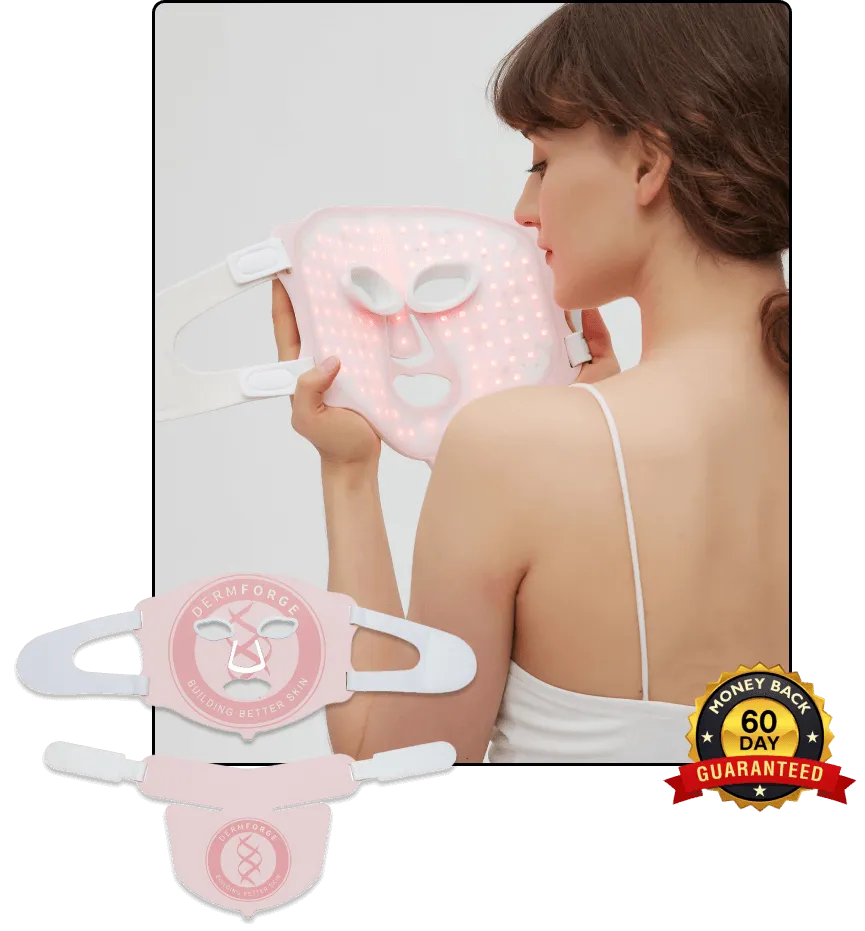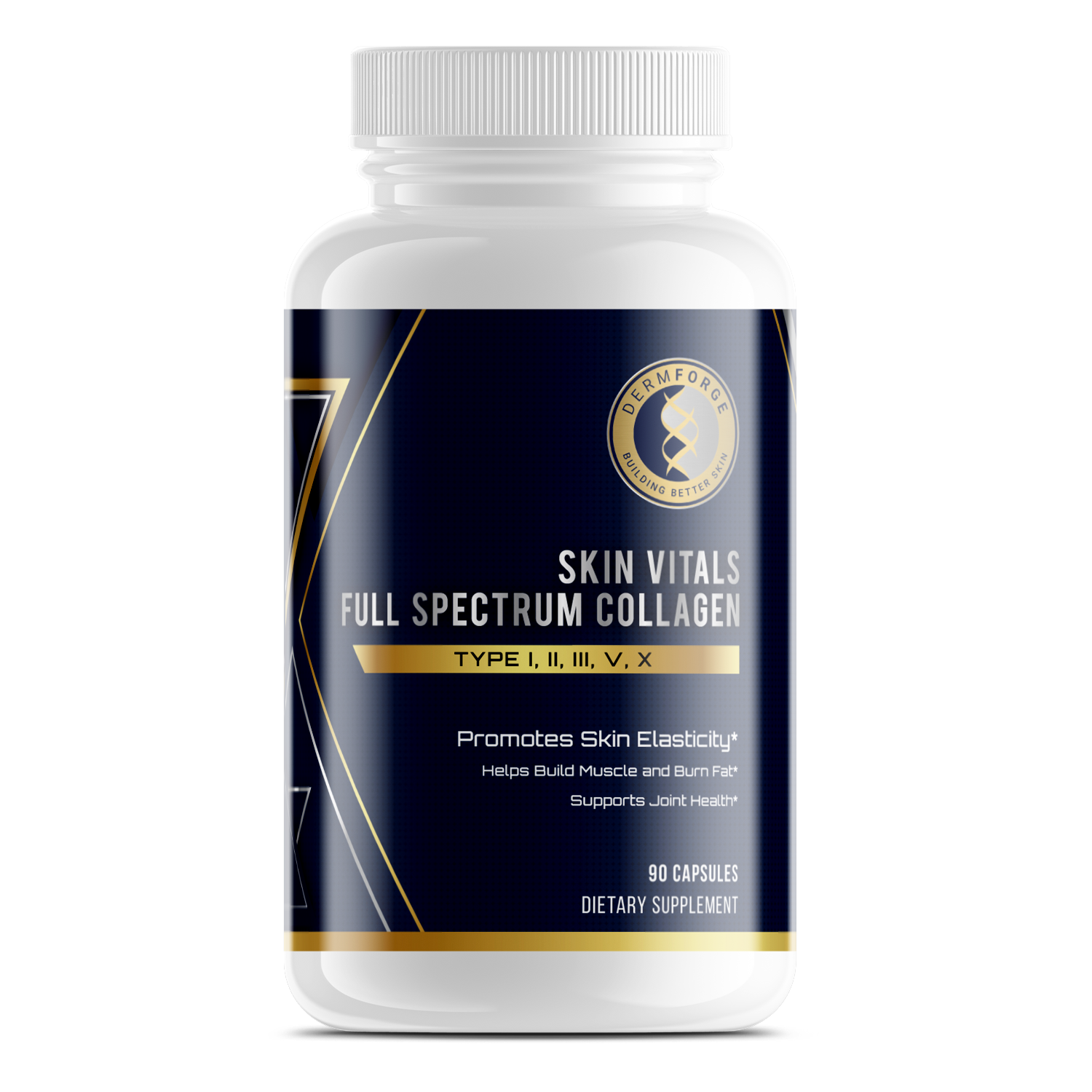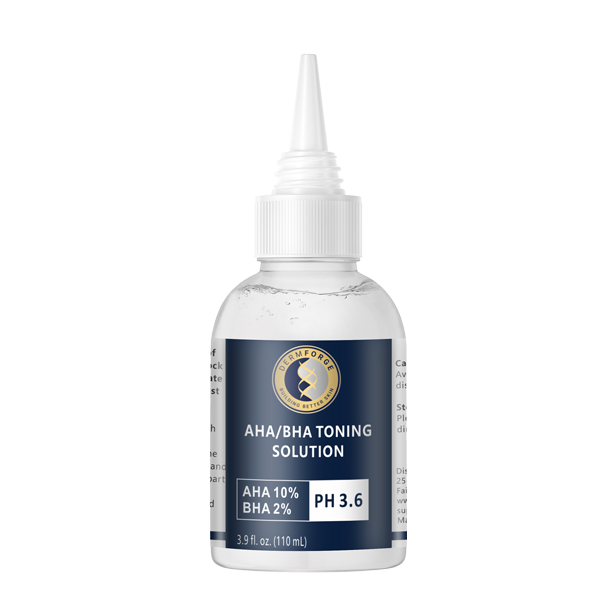Hypochlorous Acid for acne is gaining attention for its ability to treat breakouts without irritating your skin. It works by targeting bacteria and calming inflammation at the same time. Therefore, it supports clearer skin without disrupting your barrier or causing dryness. You can use it consistently and still feel comfortable.
Many people struggle to find products that balance results with gentleness. However, hypochlorous acid offers a unique solution that fits most routines. It supports healing while helping to prevent future breakouts. Additionally, it works on multiple skin types, including sensitive and acne-prone skin.
Unlike stronger acids or drying treatments, hypochlorous acid is pH-balanced and naturally present in your body. Therefore, your skin often tolerates it well. You can apply it with other acne products without causing reactions or peeling. Its light texture absorbs quickly and leaves no residue behind.
Additionally, hypochlorous acid requires no complicated application steps. You can spray it on clean skin, let it dry, and move on with your routine. Whether you’re dealing with chronic breakouts or occasional flare-ups, this product may help reduce inflammation and support long-term skin health.
If you're looking for a gentle option that works with your skin, hypochlorous acid may be worth a try. Therefore, understanding how it functions and fits into your routine can make it easier to see results. With regular use, your skin may feel calmer, clearer, and more balanced.
What Is Hypochlorous Acid and How It Works on Skin
Hypochlorous acid is a naturally occurring substance produced by your immune system. It plays a key role in fighting harmful bacteria. Your white blood cells make it to help protect and heal the skin during inflammation or injury. Therefore, it supports the body’s natural defense process on a cellular level.
On the skin, hypochlorous acid acts as an antimicrobial agent. It helps eliminate bacteria, viruses, and fungi without damaging healthy skin cells. This makes it especially useful for managing breakouts or reducing the chance of irritation. Additionally, it calms inflammation and soothes redness without causing dryness.
Unlike many harsh acne treatments, hypochlorous acid does not strip your skin or disrupt its barrier. Therefore, it can be used on sensitive skin without leading to flaking or burning. Many people use it alongside other skincare products because of its gentle, non-irritating nature.
Additionally, hypochlorous acid is pH-balanced and works well with your skin’s natural environment. It supports healing while maintaining hydration. Therefore, it helps your skin feel comfortable while reducing bacterial buildup. Consistent use can lead to clearer and more balanced skin over time.
Hypochlorous Acid for acne has become a popular option among those looking for low-irritation solutions. You can apply it daily without worrying about overuse. As a naturally derived substance, it supports both prevention and recovery. Therefore, it makes sense for many acne care routines.
Why Hypochlorous Acid Is Effective Against Acne-Causing Bacteria
Acne often begins when bacteria build up inside clogged pores. One of the main bacteria involved is called Cutibacterium acnes. This bacteria causes inflammation, which leads to redness, swelling, and sometimes infection. However, hypochlorous acid works quickly to destroy these bacteria without harming your skin.
Unlike many acne treatments, hypochlorous acid does not strip the skin or disrupt its barrier. Therefore, it keeps your skin balanced and calm. You can apply it without triggering dryness, flaking, or irritation. This makes it a useful option for both teens and adults with sensitive or reactive skin.
Additionally, hypochlorous acid helps reduce the inflammatory response around breakouts. It targets the bacteria while calming the redness and swelling that often follows. Therefore, it supports both prevention and healing at the same time. Your skin stays clear and comfortable as inflammation decreases.
Many people struggle with treatments that feel too harsh or make their skin worse before it improves. However, hypochlorous acid takes a gentler approach. It controls acne-causing bacteria while maintaining hydration and strength in the outer layers of your skin. This balance makes it easier to stick with daily use.
Hypochlorous Acid for acne is gaining attention because of its effectiveness and simplicity. It does not rely on scrubbing, drying, or stripping. Instead, it works with your skin's biology. Therefore, it can support clear skin without adding more stress to your routine.
Benefits of Hypochlorous Acid Compared to Traditional Acne Treatments
Many acne treatments cause dryness, peeling, or stinging after a few uses. However, hypochlorous acid avoids those harsh side effects. It targets acne-causing bacteria without stripping your skin or inflaming your barrier. Therefore, it feels gentler from the first use and remains comfortable with daily application.
Traditional treatments like benzoyl peroxide or salicylic acid can be effective but often come with irritation. They may also disrupt the skin’s moisture balance or trigger redness. Hypochlorous acid helps clear breakouts while supporting a calm, hydrated surface. Therefore, you can treat acne without creating new skin concerns.
Additionally, hypochlorous acid works well on sensitive or reactive skin types. It does not rely on acids or exfoliants to clear pores. Instead, it supports your immune system’s natural defense process. Therefore, it offers a simpler, cleaner approach to skin care without overwhelming the skin barrier.
Some people give up on acne treatments because their skin reacts badly or gets worse before it improves. However, hypochlorous acid allows you to keep treating breakouts without flaking or discomfort. That consistency often leads to better long-term results with less stress on your routine.
Hypochlorous Acid for acne stands out because of its balance. It cleanses and calms without adding harsh chemicals to your regimen. Therefore, it’s a practical choice if you want clear skin and fewer side effects. Many users find it easier to stick with and more soothing overall.
How to Use Hypochlorous Acid in Your Skincare Routine
Hypochlorous acid fits easily into your daily skincare routine. You can apply it after cleansing and before other treatment products. It comes in spray or liquid form, so you can mist it on or use a cotton pad. Therefore, it takes only a few seconds to apply.
Use hypochlorous acid once or twice per day, depending on your skin’s needs. Many people use it both morning and night. However, you can adjust based on how your skin responds. If your skin is reactive or inflamed, start with once daily and build up slowly.
Additionally, it pairs well with most acne treatments. You can use it alongside benzoyl peroxide, retinoids, or exfoliants without added irritation. Therefore, it helps calm potential side effects like redness or dryness. Apply it first so your skin can absorb it before layering anything stronger.
If you use toner, apply hypochlorous acid before or instead of your usual product. It supports a clean base and helps with product absorption. Additionally, it works well under moisturizers or acne gels without affecting their performance. Wait a few seconds before moving to the next step.
Hypochlorous Acid for acne works best when used consistently. Therefore, make it part of your regular routine and give your skin time to respond. Over time, it may help reduce breakouts, calm redness, and improve overall comfort. Its gentle nature makes it easy to stick with long-term.
Safety and Suitability for All Skin Types
Hypochlorous acid is known for being safe on nearly all skin types. It works without disrupting the skin’s natural barrier. Therefore, you can apply it daily without causing dryness, redness, or peeling. Its gentle formula helps reduce acne-related irritation instead of adding to it.
Additionally, this ingredient suits both teens and adults dealing with breakouts. Many traditional products cause stinging or flaking in younger users. However, hypochlorous acid remains comfortable even on sensitive or reactive skin. That makes it easier to use long term without needing constant breaks or adjustments.
If your skin is oily, hypochlorous acid helps manage bacteria without stripping away natural oils. If your skin is dry, it will not cause tightness or discomfort after use. Therefore, it adapts well across skin types without requiring multiple versions or special routines.
This flexibility makes it a smart option for families or multi-user households. Additionally, it helps treat breakouts on the face, back, or chest without leaving residue. Its water-light texture absorbs quickly and works well under other products. You can apply it in seconds and move on with your routine.
Hypochlorous Acid for acne stands out because of its low risk and wide appeal. Therefore, it’s often recommended for people who want results without side effects. Whether your skin is young, mature, oily, or dry, this ingredient supports balance and comfort with consistent use.
What to Look for in a Quality Hypochlorous Acid Product
Not all hypochlorous acid products are the same. Some formulas lose effectiveness quickly if they are unstable or poorly packaged. Therefore, knowing what to look for helps you choose something that works and lasts. A few simple details can make a big difference in results.
First, check the concentration. Most topical formulas range between 0.01% and 0.03%. This level is gentle but effective for daily use. Higher concentrations are not necessarily better and may irritate sensitive skin. Therefore, stick with proven ranges that support comfort and consistent use.
Additionally, packaging affects potency. Look for dark or opaque bottles that block light. Transparent packaging can lead to faster breakdown. Therefore, the product may become less effective before you use it all. Spray formats also help limit contamination and preserve freshness between uses.
Storage conditions also matter. Keep your bottle in a cool, dry place and tightly sealed after each use. Avoid storing near heat or direct sunlight. These conditions shorten the product’s shelf life and weaken performance. Therefore, how you store it influences how well it works.
Hypochlorous Acid for acne works best when it’s fresh, stable, and applied consistently. Therefore, choose products from brands that highlight freshness and storage guidelines. With the right formula, your skin can stay balanced, calm, and clear over time. Pay attention to the small details. They often matter most.
Conclusion
Hypochlorous acid offers a practical, gentle solution for those dealing with breakouts. It supports clearer skin without causing dryness or irritation. Unlike many harsh treatments, it works with your skin’s natural defenses. Therefore, you can use it daily and still maintain comfort and balance.
Additionally, hypochlorous acid fits easily into any routine. You can apply it with other products without fear of reactions or peeling. It works well on all skin types, including dry, oily, and sensitive skin. Therefore, it’s a smart choice for teens, adults, and anyone in between.
Choosing the right formula makes a difference. Stable packaging, proper concentration, and clean application all support better results. Additionally, regular use gives your skin time to respond. You don’t need to change everything at once. Start small and stay consistent.
Hypochlorous Acid for acne is backed by its simplicity. It helps prevent bacteria buildup, calms inflammation, and protects your skin barrier. Therefore, it supports both prevention and recovery without adding stress to your skin. That balance makes it easier to stick with over time.
Whether you're managing mild breakouts or supporting overall skin health, hypochlorous acid may be worth adding to your routine. Its gentle approach offers visible results without irritation. Therefore, it continues to gain trust among skincare users and professionals who value long-term care.







